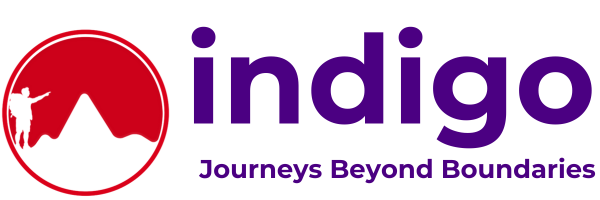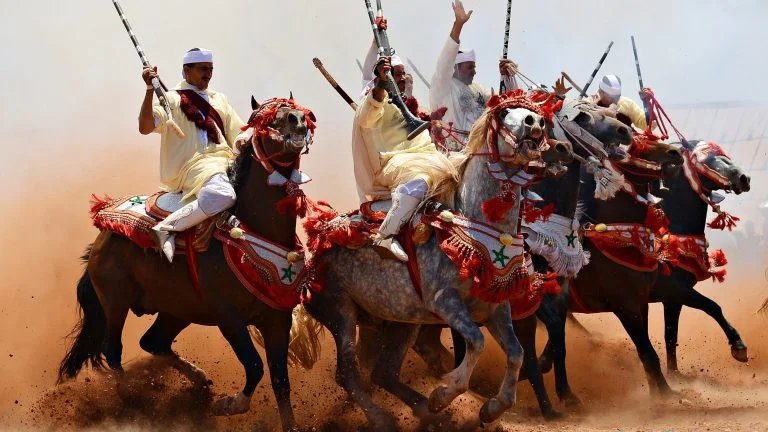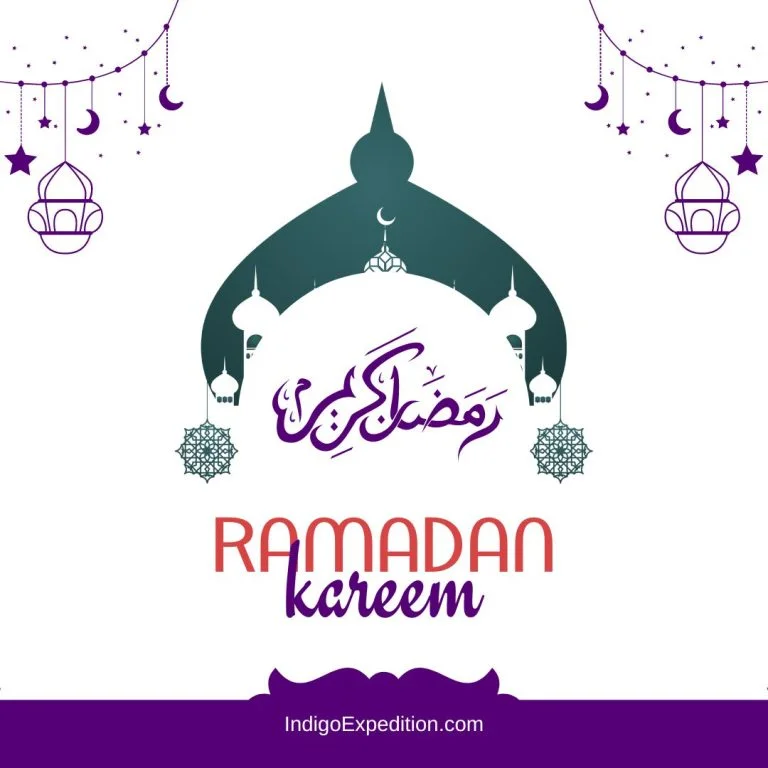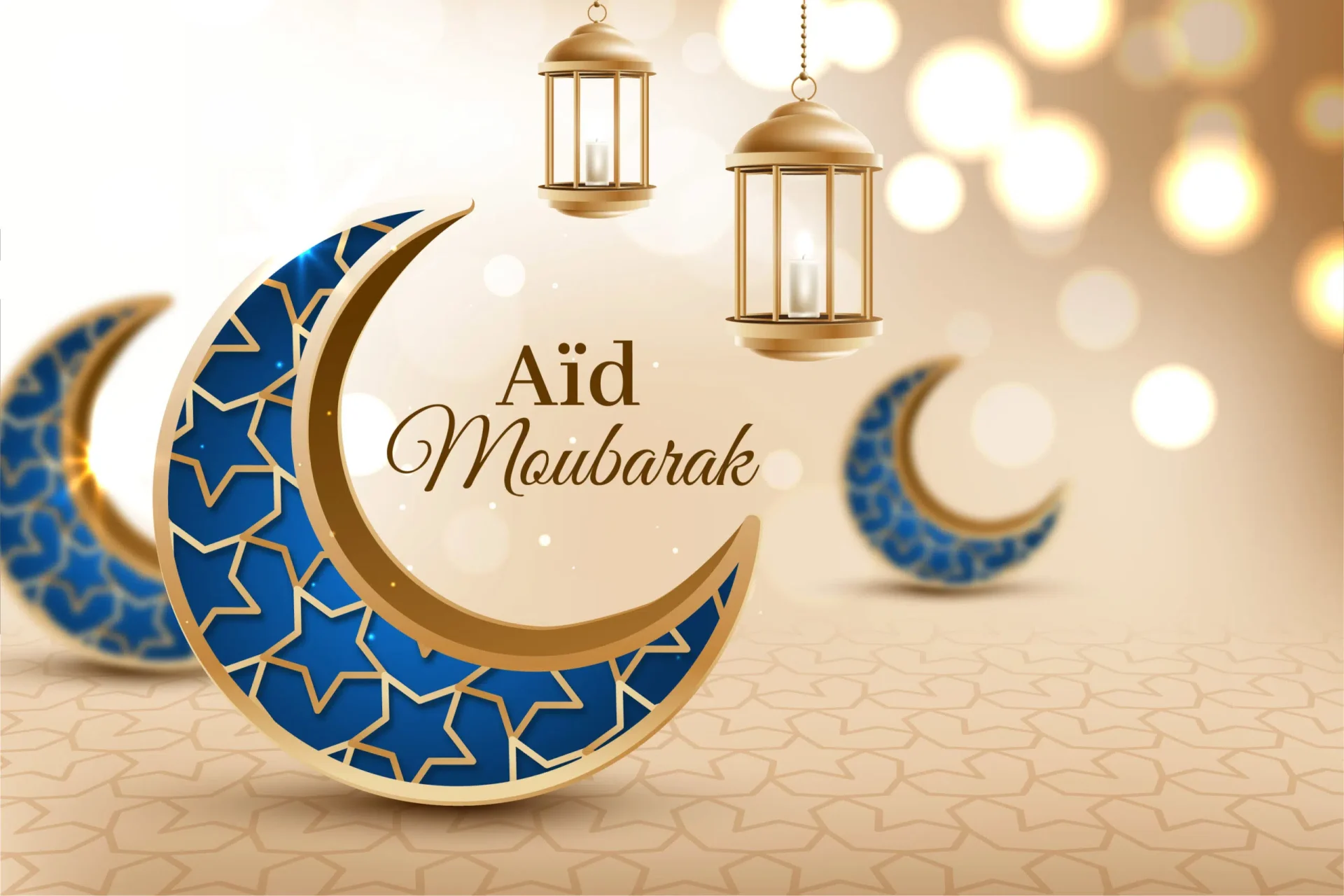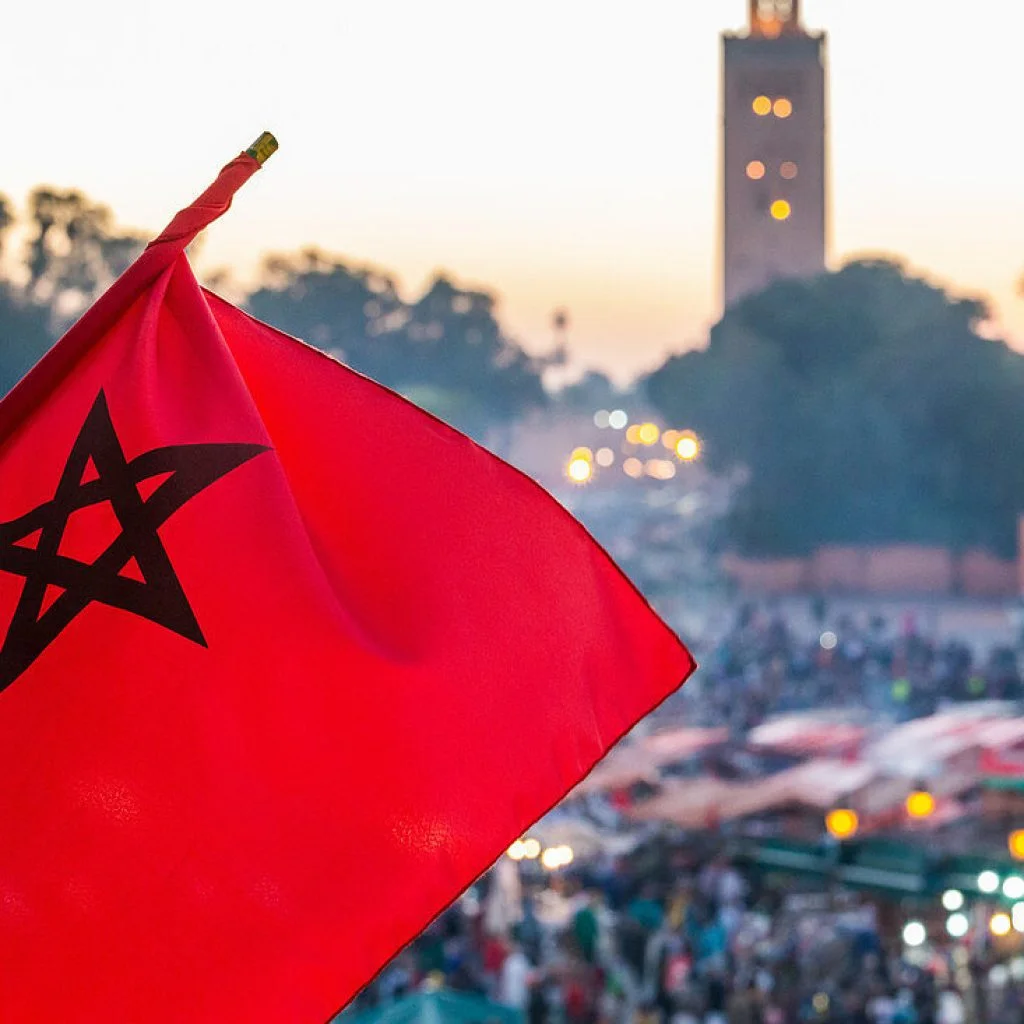
12 January – Yennayer (Amazigh New Year)
Yennayer is the first month of the Amazigh Year . the Amazigh year used since antiquity by the Imazighen in North Africa. Its first day corresponds to the first day of January of the Julian Calendar, which is shifted thirteen days compared to the Gregorian calendar.However, Yennayer is very widespread in the Maghreb. It is considered as national celebration. The Berber year 2974 corresponds to the present year 2024.
